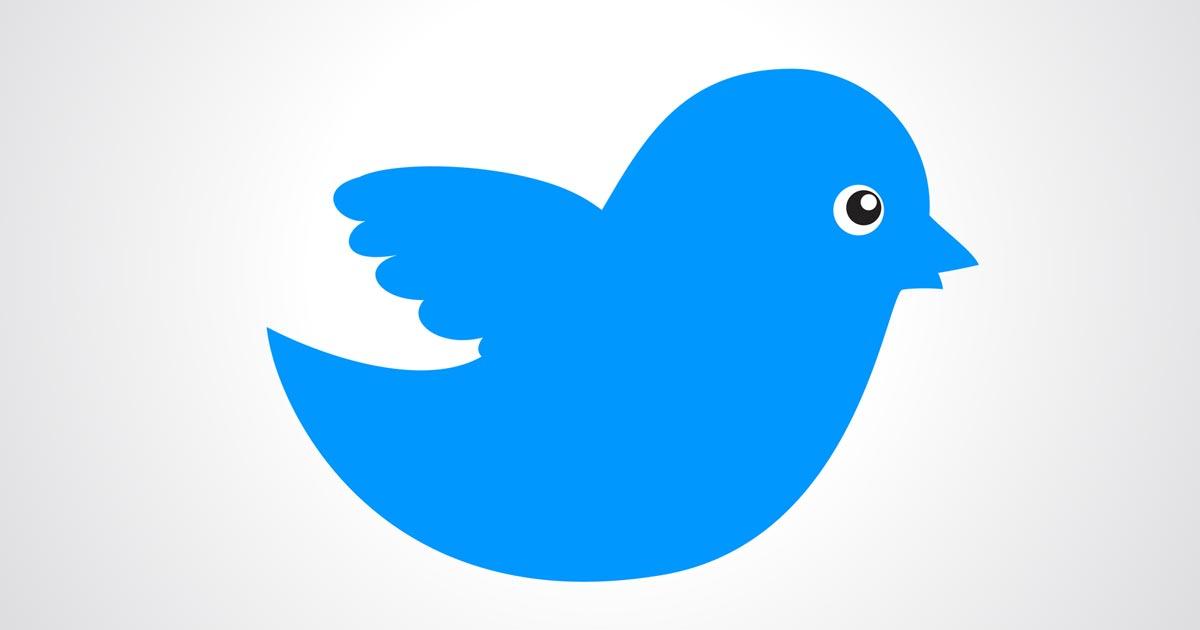
Austrians Have Been Correct about Big Tech: Elon Musk Just Proved Them Right
Big Tech—in particular social media platforms like Twitter—has long been a complicated problem to Austrian economists. Obviously, the de facto position on it would be no state involvement whatsoever. However, this becomes complicated when one recognizes the rampant suppression and deplatforming happening right out in the open. This is an obvious problem, especially when we consider that it is often those promoting a divergence from the status quo—which Austrians certainly do—that find themselves targeted.
Additionally, it became more and more challenging to give an Austrian answer to this problem as years passed without a market solution arising. Twitter had origins in public funding and had set up countless barriers to entry. As a result, it seemed impossible that any market solution could succeed without comparable state assistance or without some form of state reigning in of the existing behemoths.
Last summer—at the greatest event of the year, Mises University—Peter Klein delivered a talk on this issue, taking the strictly market approach:
They are private platforms. The best thing we can do is not use them or use platforms that have a different policy. This is where people say “Yeah, yeah, yeah, but they’re so closely connected to the state that they need to be connected to the state.” I mean, if you want to treat a legally private company as part of the state, I’d go for Goldman Sachs or Lockheed or Boeing before I would go for Facebook or Twitter.
Klein had prepared for every complaint the other side would likely bring up. In the remainder of the talk, he addressed the industry’s high barriers to entry and the company’s origins in public funding. He addressed the company’s data sharing, and he addressed the suppression of speech and deplatforming. He addressed Section 230 and other privileges the company enjoyed. Any person arguing against Big Tech would be in complete agreement with Klein in terms of diagnosis.
However, when it came to prescription, he said he simply didn’t buy that anything was necessary. This argument didn’t seem to provide an answer to any of the problems the anti–Big Tech crowd was bringing, although it became much more palatable when he made it again months later in his talk at the Mises Institute’s 2021 Supporters Summit, “How to Think about Big Tech.”
The lectures at the 2021 Supporters Summit were devoted to Hans-Hermann Hoppe’s What Must Be Done. As a result, secession—at the very least soft secession—was a central theme. Klein made the argument that the same way California didn’t need a say in Alabama’s politics—and vice versa—maybe we didn’t need access to everyone’s information, and simply not having that service at all was a solution.
However, it seemed to be a lukewarm solution at best to insist that
these are private companies. They’re legally private. They have private owners. Do they sometimes do what the state wants them to do? Sure. Lots of companies also do that. But they are formally owned and they are substantively controlled by their shareholders, like other private firms, and we should rely on vigorous market competition to discipline their behavior if we are unhappy with how they are acting in the public sphere.
Recently, however, the claim that Klein’s argument was not enough got turned on its face. Every point Klein made was fully vindicated when Elon Musk purchased Twitter. Ceteris paribus, this purchase would not prove anything. It could simply be a change in management that would not address any of the underlying complaints. However, Musk himself has clearly stated that the logic behind this purchase was to defend free speech and end the censorship and deplatforming that we have seen lately, going as far as claiming:
Free speech is the bedrock of a functioning democracy, and Twitter is the digital town square where matters vital to the future of humanity are debated. I also want to make Twitter better than ever by enhancing the product with new features, making the algorithms open source to increase trust, defeating the spam bots, and authenticating all humans. Twitter has tremendous potential—I look forward to working with the company and the community of users to unlock it.
Before taking this action, Musk even dipped his toe in the water to see what the market in fact demanded by polling his followers: “Free speech is essential to a functioning democracy. Do you believe Twitter rigorously adheres to this principle?” He followed this up with the at the time cryptic line “The consequences of this poll will be important. Please vote carefully.” Musk sensed a market demand, did his research, and provided a clear market solution.
This is not a call for others to simply do nothing when faced with the same problems again. It took years of complaining, years of people leaving Twitter, years of vocal calls for a solution to make the market demand so noticeable that a solution equal to the powers that Twitter holds could come along. However, it is all but impossible to doubt Klein’s points now. While we are impatient people and we sometimes want an immediate solution, the case of Twitter shows that eventually the market in fact solves even the most complicated problems, often in ways we may never have predicted.



